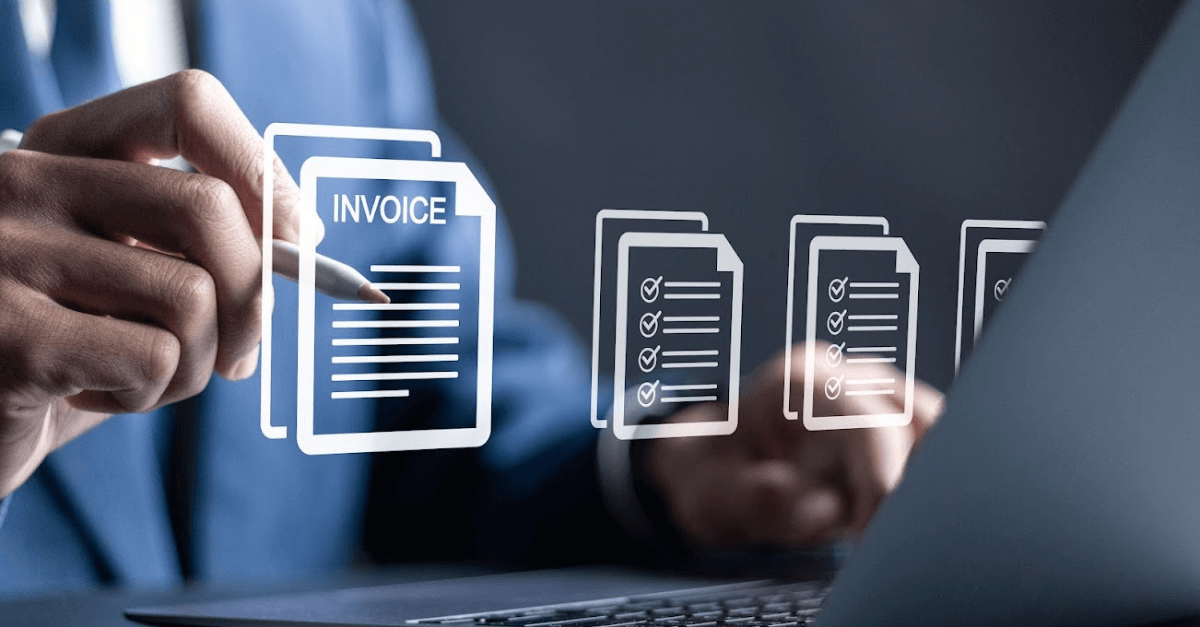What is the future of e-procurement?
Take a look at the latest e-procurement trends and innovations that help streamline business processes.

The origins of e-procurement
Electronic procurement (known as e-procurement) is the use of the internet or a networked system to procure the services or goods an organisation needs.
First developed in the 1980s following the creation of electronic data interchange (EDI), e-procurement changed the way businesses operate forever. EDI allowed customers and suppliers to send and receive electronic documents for the first time, removing the need for physical sharing and therefore enabling e-procurement to thrive.
Over the following decades, e-procurement has naturally evolved, with developments such as web-based e-procurement solutions and the ability to integrate with business enterprise systems. It’s easy to see why e-procurement keeps evolving as businesses need more visibility, security and functionality with their e-procurement systems. But where can we expect e-procurement to evolve next? Let’s take a look.
E-procurement trends and innovations
Let’s take a look at the latest trends and what could be in store for the future.
Leveraging artificial intelligence and machine learning in procurement processes
Artificial intelligence and machine learning are impacting business operations across the globe. Procurement teams have the potential to solve more complex problems in a quicker, more effective manner when using AI and machine learning.
Businesses can embed AI into applications to manage spend analysis, strategic sourcing and contract management. This results in better organisational decisions as AI can assist with supplier management by capturing and analysing supplier data. By embedding AI, businesses can also take advantage of quick insights that would be challenging to obtain without AI’s role. This is especially useful in an organisation’s bid process where patterns in bid submissions and supplier performance data can be analysed.
For suppliers, AI can support in improving the quality of bids submitted. This is done by analysing any gaps in proposals and suggesting ways to address them. Machine learning integrated into e-procurement platforms can learn a company’s preferences and behaviours over time. This allows the system to either make purchases automatically or to suggest products/services based on the organisation’s requirements.
It is then clear to see how AI’s role is transforming the way e-procurement operates. The Deloitte Global 2021 Chief Procurement Officer Survey found that high performers were 4-5 times more likely to have fully deployed advanced analytics/visualisation and 10x more likely to have fully deployed robotic process automation (RPA) solutions. The survey also found that high performing brands had fully deployed predictive analytics capabilities (12% vs. 0% for others) and were 18x more likely to have fully deployed AI/cognitive capabilities.
The role of predictive analytics in optimising procurement decisions
Predictive analytics is the process of analysing and then using data to make predictions. Through the ability to read trends/correlations, these systems can analyse large amounts of data and predict the likelihood of a particular action happening, in most cases better than a human can.
For procurement this helps optimise key areas within business. Areas such as risk (i.e., detecting fraud), cost effectiveness, where to source from and relationship management.
When it comes to the digital capabilities delivering the most value for businesses, the Deloitte Global 2021 Chief Procurement Officer Survey found predictive analytics named alongside diagnostic analytics, visualisation, RPA and AI. In a separate 2022 study by Deloitte, 51% of companies said they were developing or re-developing their data, analytics and/or AI strategy, which indicates an increased emphasis on the area.
Impact of sustainability and socially responsible procurement practices
Sustainability and how businesses conduct themselves has been in the spotlight for some time now. Social responsibility in procurement is now under the microscope a little more with the rise of e-procurement systems.
Social responsibility claims made by suppliers can now be monitored and verified through e-procurement tools. This means organisations must think twice when sharing bold statements.
Sustainable procurement is likely to be the future. This is the process that brings together environmental, governance and CSR into procurement processes and decision making. Responsible businesses will look more favourably at suppliers who are socially responsible too. Reducing carbon footprint, using ethically sourced materials and reducing energy consumption are some of the ways to do this.
KPMG’s the future of procurement report outlines a few key areas as a growth path to efficient and more sustainable procurement. The report includes creating transparency in procurement through AI and other tools, predictive analytics to help identify risks, focusing on supplier relationship management and co-developing new approaches to drive innovation.
Adoption of blockchain technology for enhanced transparency and security
Blockchain is an innovative technology that establishes a distributed ledger of every transaction within a network and allows multiple participants to oversee it simultaneously. In terms of procurement, it offers a reliable means of monitoring the journey of a product or transaction, starting from its origin to its acquisition and eventual payment, ensuring high security along the way.
Stay up-to-date with the latest in e-procurement
The future of e-procurement is ever changing. At Unifiedpost Group we keep a close eye on trends to deliver the most up-to-date information and advice.
Follow our LinkedIn to receive regular updates.
Tell us your business needs, and we’ll find the perfect solution
Get in touch

